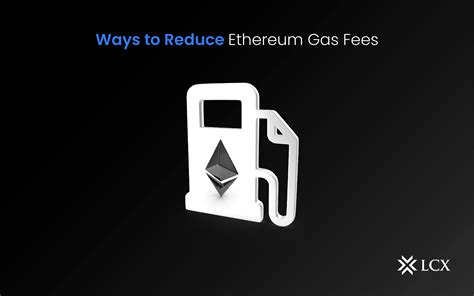The hidden cost of cryptocurrency negotiation: understanding of gas commissions
Cryptocurrency negotiation has become a popular way for investors and traders to buy, sell and perform digital activities. However, a often neglected aspect of cryptocurrency negotiation is the cost of transaction commissions, in particular gas commissions. These commissions can range from tens to hundreds of dollars to trade, depending on the change of cryptocurrency.
In this article, we will deepen what gas commissions are, how they are calculated and why traders should consider them when they perform operations.
What are taxes on gas?
Gas committees, also known as transaction committees, are a committee paid by blockchain -based networks such as Bitcoin or Ethereum to check and validate transactions. These transactions are verified through the network consent mechanism, which ensures data integrity and prevents double expense.
Gas commissions are usually calculated in “gas” units, which represent the computational power needed to solve complex mathematical problems needed to protect the network. As a larger number of users match the network, demand for computational energy increases, causing increased gas prices.
How are gas commissions calculated?
Gas commissions are calculated based on several factors:
- Transactions Volume : The more transactions they carry a user, the greater your tax.
- Block reward : Each block is rewarded with a certain amount of cryptocurrency (for example, 6.25 BTCin for Bitcoin), which encourages miners to protect the network and validate new blocks.
- Network congestion : As the number of users in the network increases, gas prices increase due to increased demand for computational energy.
To calculate gas committees, traders should usually use a gas price aggregator or an integrated gas calculator of an exchange. These tools provide current gas prices and calculate commissions based on user activity and block reward rates.
Why are taxes on gas so high?

Gas commissions can be raised for several reasons:
- Network congestion : As more users are combined with the network, the app for computational energy increases.
- Increased volume of transactions : More transactions lead to higher gas prices.
- Limited capacity : Some cryptocurrencies have a limited transaction capacity, which can cause higher demand and higher commissions.
What traders should consider
When negotiating in cryptocurrencies, gas commissions are a significant consideration:
- Understand gas costs
: calculates the total cost of each negotiation before making it to avoid unexpected expenses.
- Choose the right exchange : Select an exchange that offers competitive gas prices and transparent price models.
- Take alternative exchanges : Some exchanges offer more favorable flexible commissions, which may be useful for traders with a high need for liquidity.
- Monitor Price movements : Follow market trends and regulates the strategy according to minimizing exposure to volatile commissions.
Alternatives to gas commissions
To avoid high costs associated with traditional exchanges, some traders opt for alternative methods:
- Level 2 Reduction Solutions: These solutions, such as optimism or polkadot, use off -chain transactions and reduce gas use.
- Payment Systems Out of Chain : Platforms like Ripple or Bank of China offer low cost payment systems that can be used to adjust operations without depending on traditional exchanges.
Conclusion
Gas commissions are an essential aspect of cryptocurrency negotiation, which influences the cost of each transaction. Understanding how gas commissions work and are aware of their impact, traders can make more informed decisions when making operations. Although there are alternatives, they may not completely exclude the need for gas commissions.
Leave a Reply